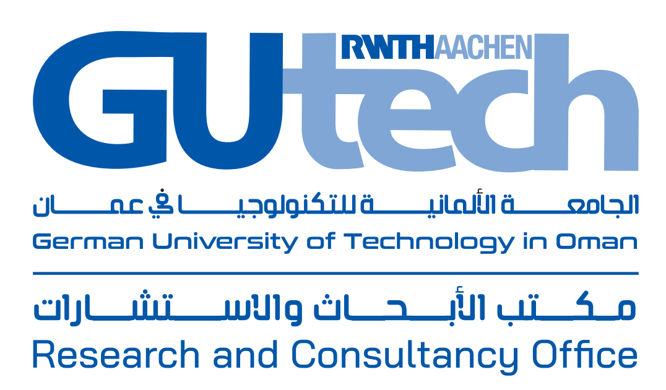علم الرواسب والتسلسل الزمني الجيولوجي لتسلسلات الصخور الرسوبية في العصر الأركي الوسيط في منطقة سينغبوم بالهند وتداعياتها


Dr. Mohamed Chakroun
(Principal Investigator)
Dr. Mohamed Chakroun
(Principal Investigator)
- Home
- /
- مكتب البحوث والاستشارات
- /
- مشاريع بحثية
- /
- برنامج التمويل الجماعي
- /
- علم الرواسب والتسلسل الزمني...
BFP/RGP/EI/24/147
Driving Oman’s Green Transition: Assessing Policies and Incentives for Sustainable Development
Abstract
This research project aims to analyze the economic eects of Oman’s transition strategy towards a green economy by 2050 and determine the most eective climate policy instruments to support the ecological transition. The research methodology encompasses a comprehensive review of academic literature, a tailored approach to examining Oman’s environmental regulations and initiatives, and the application of quantitative economic models to assess the impacts of financial incentives on energy consumption and greenhouse gas emissions. Particularly, the IMF’s DIGNAR framework will be deployed to assess the spillover effects of green investments on economic growth and fiscal sustainability over the next 30 years. Besides, a Dynamic Stochastic General Equilibrium (DSGE) Model will be implemented to assess the effectiveness of different climate policy instruments that might support the ecological transition. This research is designed to provide valuable insights into the complex interplay between climate policy and sustainable development in Oman. By delving into various aspects of green transition strategies, the research aims to inform policymakers and stakeholders about effective measures to promote environmental sustainability while fostering economic growth. The findings of the study will provide important insights into the complex relationship between environmental policies, subsidies, and economic growth in Oman. These insights not only indicate the potential path towards a more sustainable and resilient economy in Oman but also inform Oman’s policymakers about the effectiveness of current environmental policies and subsidies, thereby facilitating recommendations for their enhancement. The significance of the research lies in its potential to inform policy makers in Oman about the effectiveness of their current environmental policies and subsidies and provide recommendations for improvements. The study also contributes to the wider research community’s understanding of of how environmental policies and subsidies effectively drive sustainable development and mitigate greenhouse gas emissions across GCC nations.
.png)
